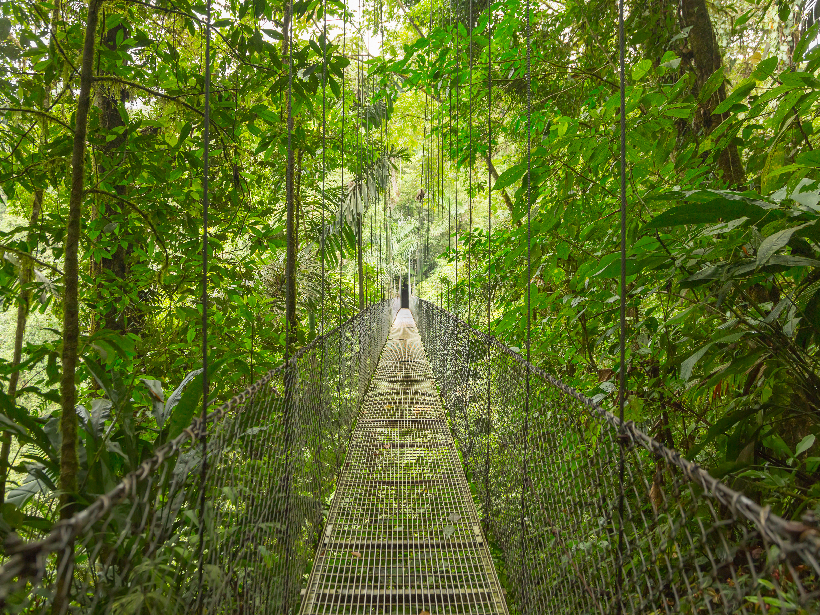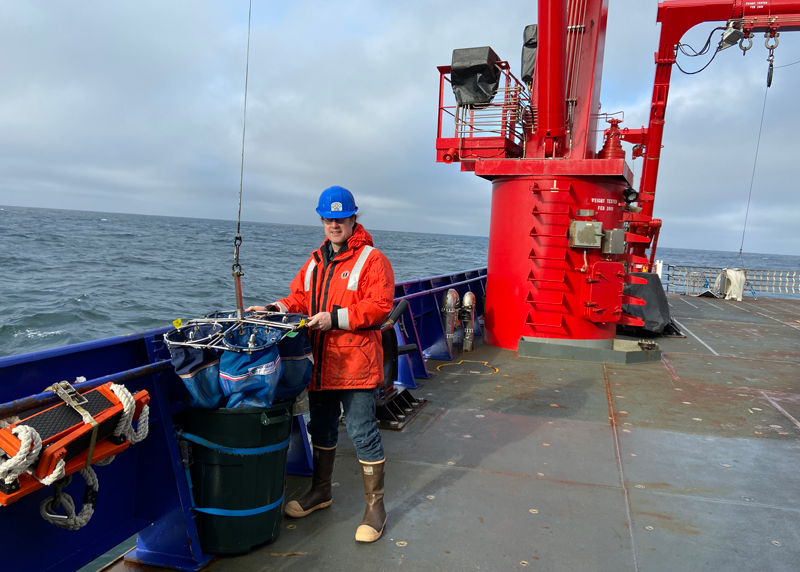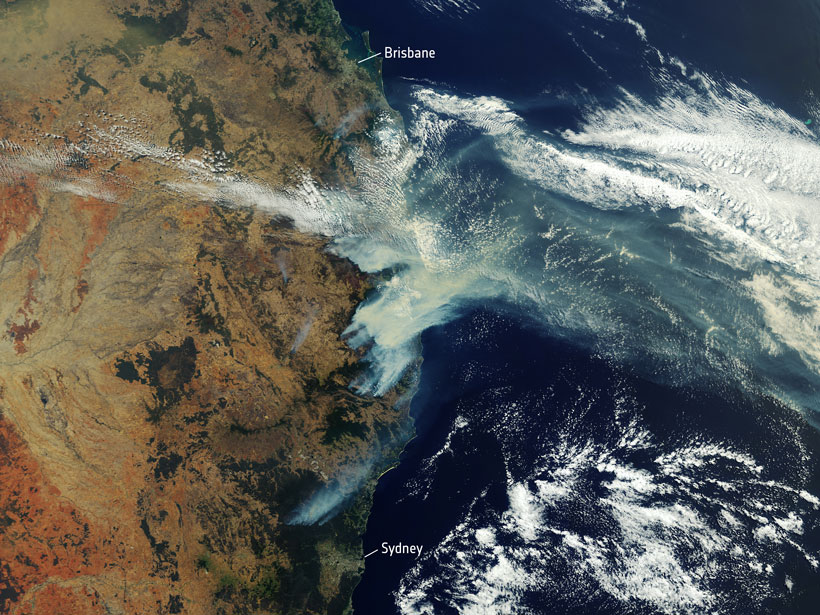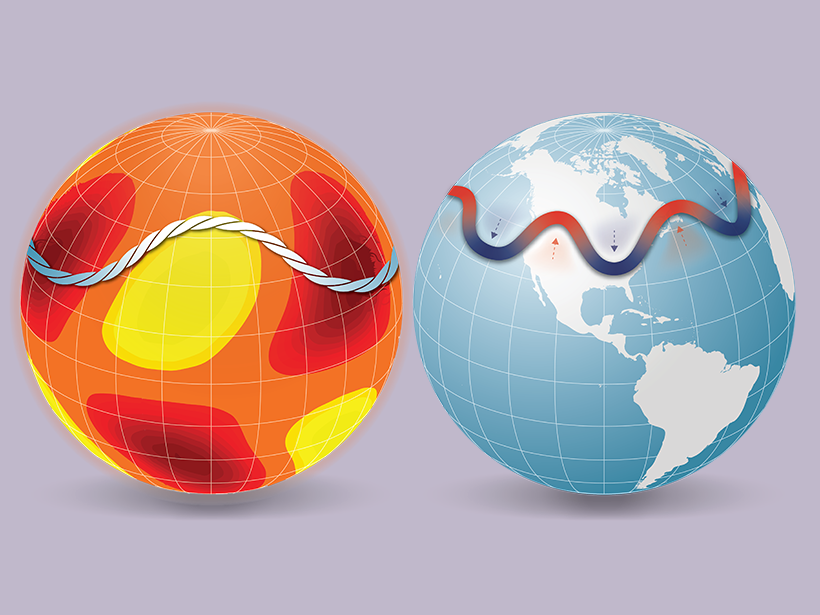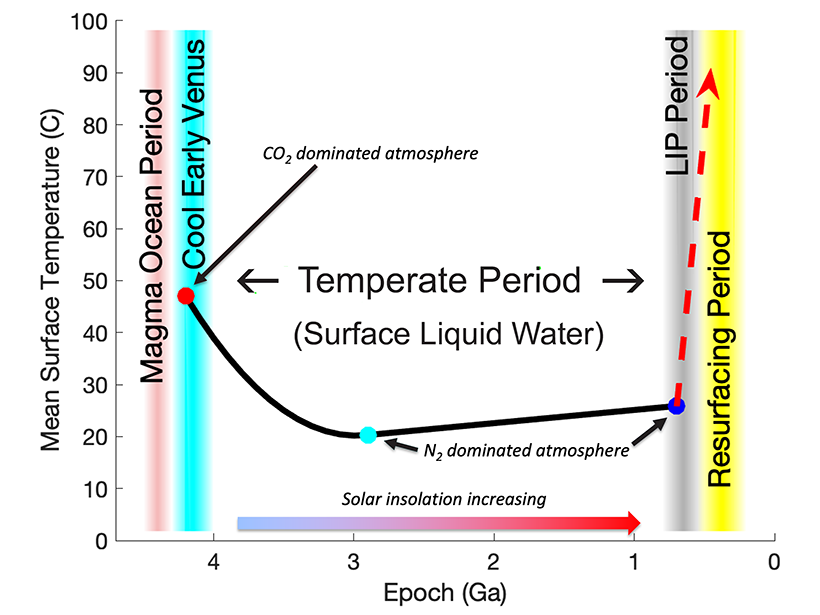Scientists are dedicated to understanding the complexities of the Earth’s carbon cycle—and how our actions can throw it off.
AGU 2020
McEnroe Receives 2019 William Gilbert Award
Suzanne A. McEnroe received the 2019 William Gilbert Award at AGU’s Fall Meeting 2019 Honors Ceremony, held 9–13 December in San Francisco, Calif. The award recognizes “outstanding and unselfish work in magnetism of Earth materials and of the Earth and planets.”
Tracking Tropospheric Ozone Since 1979
Stratospheric ozone depletion between 1979 and 2010 resulted in a slight decrease of ozone in the troposphere during that period despite increased ozone production from anthropogenic emissions.
How Much Modification Can Earth’s Water Cycle Handle?
The planetary boundaries framework defines how much human disturbance various Earth system processes can take, but it may not adequately depict the water cycle or the extent to which we’ve altered it.
This Week: Social Distancing at Sea, Climate Migration on Land
What Earth and space science stories are we recommending this week?
No Mask? You May Not Worry About Climate Change, Either
People untroubled by climate change are more likely to forgo masks in public.
A Revised View of Australia’s Future Climate
The most recent generation of models of the Coupled Model Intercomparison Project better captures rainfall drivers, extreme heat events, and other facets of regional climate.
What It’s Like to Social Distance at Sea
A skeleton crew braves the first research cruise since the pandemic began.
Space Weather Forecasting Takes Inspiration from Meteorology
Solar features analogous to major atmospheric waves on Earth could offer more advanced warning of harmful solar storms.
How Long Was Venus Habitable?
Climate simulations of Venus’s history could provide insights into the habitability of Earth and of exoplanets.

